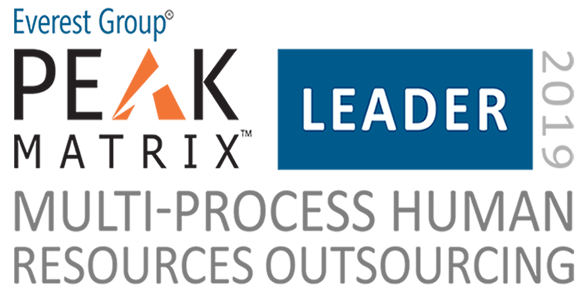
HR and finance's ability to work together and understand each other's role can be critical to your organisation.
In many organisations, human resources and finance are two distinct business areas. Finance helps allocate resources to support an organisation's goals, maintaining a balance between costs and revenue. HR hires, recruits, and motivates people to advance those same goals. This part of HR is often an organisation's biggest expense. While they are two different operations, it's important to have collaboration between HR and finance within an organisation. Without that, it will be difficult for those respective entities to fully support organisational objectives.
For an HR and finance collaboration to work, several things need to be considered:
- What is the organisation's purpose, and where do these two departments fit into that?
- Does each department understand what the other does?
- What overlap (in duties, personnel, resources) exists between the two, and how can it be best capitalised upon?
Understanding the organisation's purpose
The place to start is finding out how, exactly, the organisation earns money. For HR in particular, it's also important to understand how money moves around an organisation. Knowing this can help both departments understand where they fit into the organisation's plan as it relates to earning revenue. With that understanding comes an opportunity to develop a more effective relationship across silos.
So what does each function need to do in order to answer these questions? How can team members work together to create an effective HR and finance collaboration? It will require a sustained effort to step outside each department's traditional roles and to actively engage the other business partner.
For human resources professionals, it's important to have a solid understanding of the financial aspects of running a business. Key subject areas include budgeting and managing for profitability (billing, write-offs, etc.), as well as reading and understanding financial statements. One key complaint many organisational leaders have is that the HR group does not have a good understanding of the business, how the business earns money, or how to have a meaningful conversation about the financial profile of the business. Learning and applying these concepts is critical in order to foster a healthy HR and finance collaboration.
For finance, some HR specific measures to understand would be cost-to-hire, compensation, benefits and labour laws. It would also be important to understand workforce planning. Not only is it about headcount, but also how critical investment in human capital (e.g., training and development, rewards and recognition programs) produce tangible bottom line results.
In addition to understanding each other's area of expertise, the case for an effective HR and finance collaboration also needs to be made to senior leadership. This may mean that both departments are given direct access to the CEO. It may also result in shifts in focus from administrative and tactical, to strategic. Fostering an HR and finance collaboration will enable both to be better aligned around a firm's strategic vision. This in turn may help both functions become more proactive instead of reactive. In order to do this, both groups must clearly understand the organisation's purpose.
Understanding the overlap
While both functions are different, there is overlap. Understanding where it occurs can be helpful in making an HR and finance collaboration fruitful. For example, recruitment is viewed as an expense by finance, whereas HR views it as an investment. The overlap is that a bad hire costs a firm time, energy, and money. Developing workforce analytics that can be used to predict how key workplace performance indicators may impact certain outcomes (such as increased or decreased turnover) gives organisations the ability to make better decisions.
Other arenas in which an HR and finance collaboration can be used to develop greater workforce insights are identifying top performers, evaluating turnover risk, human capital forecasting, and creation of shared resources between HR and finance.
HR and finance collaboration: A win-win
Breaking down the barriers between the human resources and finance functions can reap a number of benefits for an organisation. When there is an understanding of the connections to the firm's overall strategic vision, comprehension of each other's purpose, and critical evaluation of their shared value in supporting that vision, an HR and finance collaboration can be truly effective.


